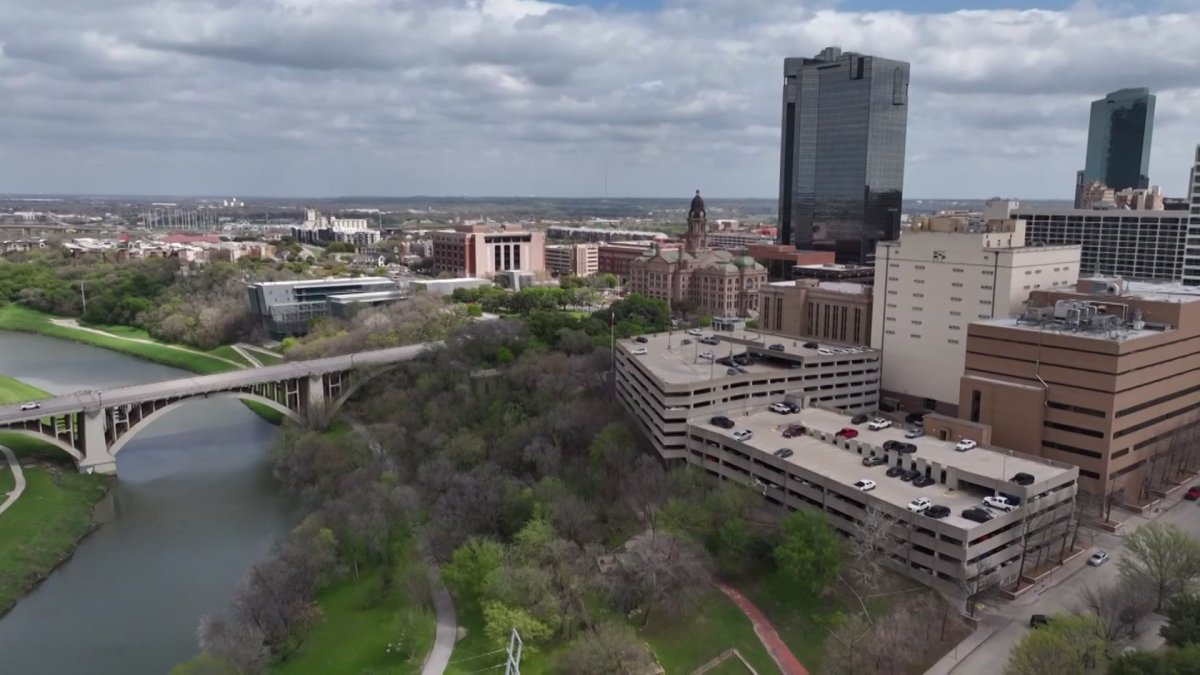Right now, many registered sex offenders in North Texas’ Fort Worth can live wherever they want, including near playgrounds, swimming pools and daycares. City leaders say they want to change that.
City Council Member Charlie Lauersdorf said he discovered that a man convicted of aggravated sexual assault of a 6-year-old was living within 300 feet of an elementary school playground in his district.
“He was convicted of aggravated sexual assault of a six-year-old. Now, for me, someone like that living within 300 feet of a playground — elementary school playground — something is just fundamentally wrong with that,” Lauersdorf said during a Public Safety Committee meeting Tuesday at City Hall.
Lauersdorf, who chairs the committee, led a discussion on creating a city ordinance that would limit where registered sex offenders with child victims can live.
Trey Qualls with the city attorney’s office said Fort Worth does not currently have an ordinance restricting residency for sex offenders convicted of crimes against children.
Those on supervised release, such as probation or parole, must already follow state restrictions that ban them from living within a “child safety zone,” typically at least 1,000 feet from schools or similar areas.
But Qualls said that leaves 1,577 registered sex offenders with child victims in Fort Worth who do not face any residency restrictions.
He added that many nearby cities — including Dallas, Arlington, Grand Prairie, Irving, Keller, Lewisville, Mansfield, North Richland Hills and Plano — already have local ordinances in place.
“Obviously, a concern there [is] that that means it would shift a disproportionate number of registered sex offenders into the City of Fort Worth because we don’t have, currently, a residency restriction,” Qualls told council members.
Committee members discussed possible rules that would prevent offenders with child victims from living within 1,000 or even 2,000 feet of “places where children commonly gather,” including schools, daycares, playgrounds, youth centers, swimming pools or video arcades.
Churches would not be included in restricted zones, and current residents already living in those areas would be grandfathered in.
Some council members raised concerns about unintended consequences, including whether such rules could lead offenders to congregate in specific neighborhoods.
“I definitely support creating an ordinance, but I don’t want to create hotspots in our lower-income communities,” said City Council Member Mia Hall, a former investigator for Child Protective Services’ sexual abuse unit.
City Council Member Elizabeth Beck asked whether Fort Worth police would need additional resources to enforce the rules.
While a department spokesperson said that it is still unclear, Chief Eddie Garcia said an ordinance could be helpful.
“This is another investigative tool that our patrol officers can use out in the field,” Garcia said.
Council members Carlos Flores and Michael Crain also questioned how a broad rule might affect access to jobs or unfairly categorize all offenders the same way.
Lauersdorf said staff will continue to research the issue and gather feedback from police and legal departments. He told NBC 5 he hopes to review recommendations by the next committee meeting on Nov. 4 and finalize an ordinance during Fiscal Year 2026.

